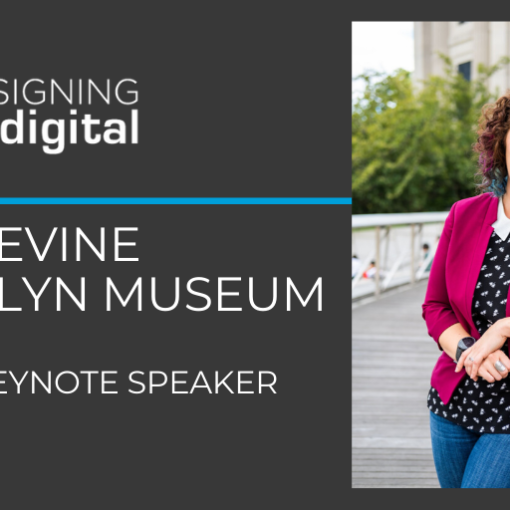Tuesday, March 5th 1:20pm | Add this session to your Sched
Since 2006, the media lives of Black and Latino youth have been undergoing a profound shift. Drawing on research from his latest book, The Digital Edge, S. Craig Watkins explains how the digital practices of Black and Latino youth have adapted to the wider diffusion of the internet all around us, thus rendering conventional notions of digital equity virtually irrelevant
About the speaker:

S. Craig Watkins studies young people’s social and digital media behaviors. He is a Professor at the University of Texas, Austin, in the department of Radio-Television-Film. Craig is also a Faculty Fellow for the Division of Diversity and Community Engagement at the University of Texas at Austin. He received his PhD from the University of Michigan.S. Craig Watkins studies young people’s social and digital media behaviors. He is a Professor at the University of Texas, Austin, in the department of Radio-Television-Film. Craig is also a Faculty Fellow for the Division of Diversity and Community Engagement at the University of Texas at Austin. He received his PhD from the University of Michigan.
His recently published book The Digital Edge: How Black and Latino Youth Navigate Digital Inequality examines how the digital and social-media lives of low-income youth, especially youth of color, have evolved amidst rapid social and technological change. Relying on nearly three hundred in-depth interviews with students, teachers, and parents, and hundreds of hours of observation in technology classes and after school programs, The Digital Edge carefully documents some of the emergent challenges for creating a more equitable digital and educational future. Focusing on the complex interactions between race, class, gender, geography and social inequality, the book explores the educational perils and possibilities of the expansion of digital media into the lives and learning environments of low-income youth. Ultimately, the book addresses how schools can support the ability of students to develop the social, technological, and educational skills required to navigate twenty-first century life.




